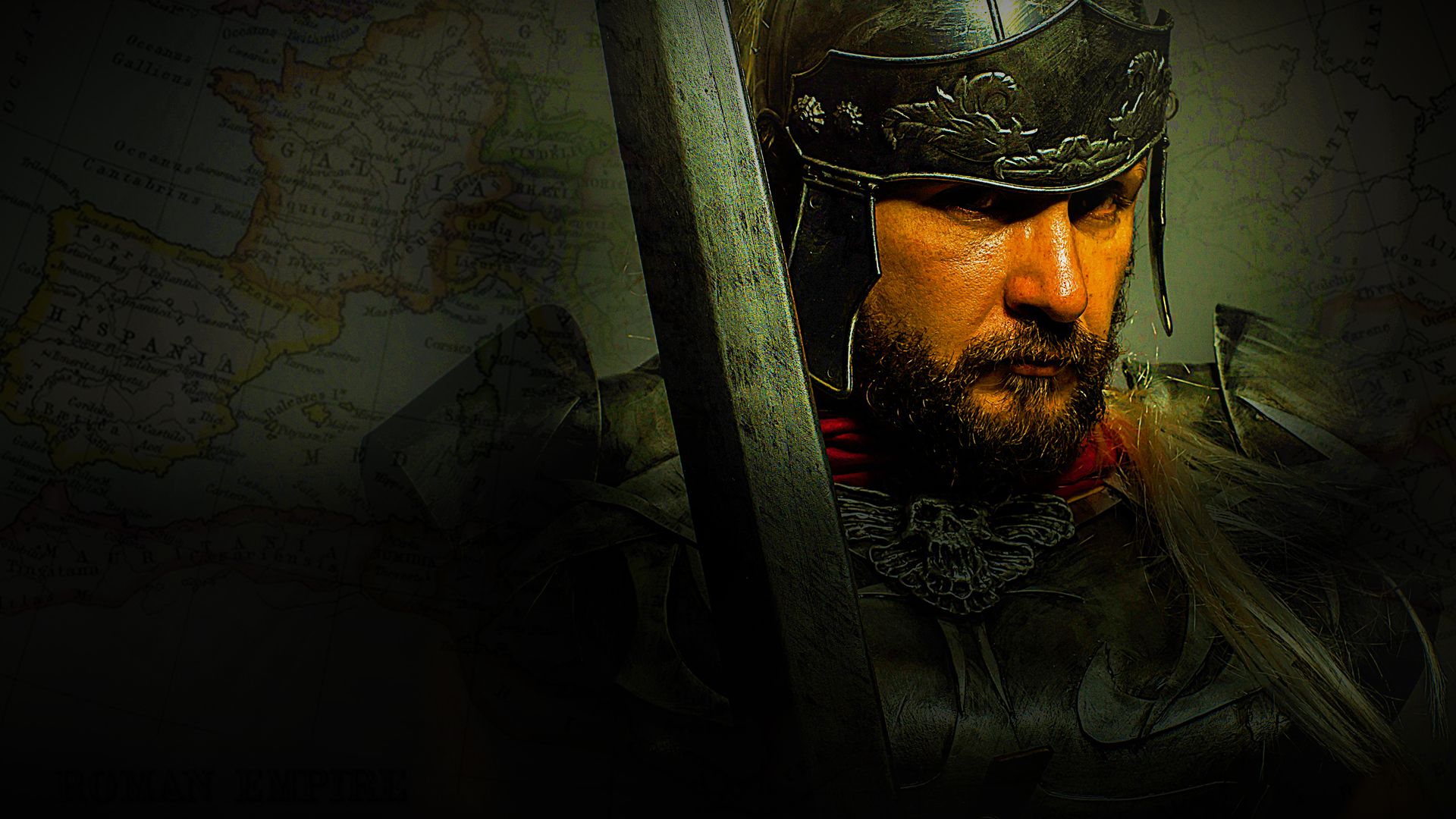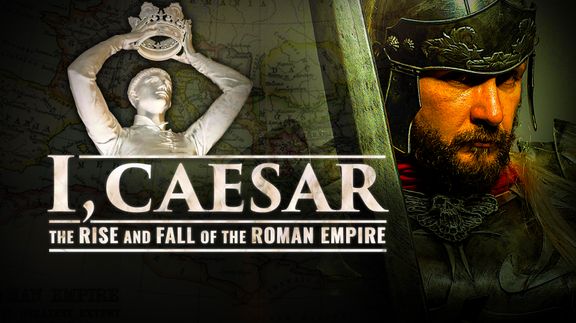

I, Caesar: The Rise and Fall of the Roman Empire
Detailing the rise and fall of the Roman Empire, 'I, Caesar' takes a fascinating look at the public and private lives of six key men who ruled ancient Rome: Julius Caesar, Augustus, Nero, Hadrian, Constantine, and Justinian.
Detailing the rise and fall of the Roman Empire, 'I, Caesar' takes a fascinating look at the public and private lives of six key men who ruled ancient Rome: Julius Caesar, Augustus, Nero, Hadrian, Constantine, and Justinian.
Related Articles
View AllWhat Does It Mean to ‘Be a Citizen’?
Each of us is a citizen of one country or another. The concept has developed since ancient Athens created the first known democracy. But what does it mean to be a citizen in…
Julius Caesar’s Legacy to Time: The Julian Calendar
Over 2,000 years ago, Julius Caesar recognized the deficiencies of the Roman calendar. Hooking up with an Alexandrian astronomer, he created the solar-based Julian calendar, which…
Hazardous Duty: How Roman Emperors Met Their Fates
Over the course of more than 500 years, fewer than 80 men gained absolute power as rulers of the Roman Empire. The reign of some lasted decades, while others held on to authority…
Caligula: Sociopath or Psychopath?
The Roman emperor Caligula was a nasty piece of work. Depending on the day, “Little Boots” might smile at you – or murder you for sport. So, what the heck was wrong with him? How…
Ancient Sparta: Warrior Culture to the Max!
The ancient Greek city-state of Sparta was renowned for its military power, its disciplined and self-sacrificing soldiers, and its stable political system. Though millennia have…
5 Assassinations that Changed the Course of History
Political assassinations have been a part of human history for as long as there have been leaders and their enemies, but not all assassinations significantly influence their…
When in Rome? 3 Roman Bad Guys and Human Nature
The Roman empire gave the world architectural and engineering feats like the Colosseum and aqueducts. Additionally, their intellectual contributions continue to shape how we think…
Who Killed Julius Caesar & Why Was He Betrayed?
Julius Caesar altered the course of the Roman republic, yet the greatest impact he had came about in the aftermath of his assassination in 44 BCE. His death would change the…
Nero’s Revenge: Rethinking Rome’s Most Depraved Emperor
Known for “fiddling” while Rome was in flames, Nero is the model for depraved autocrats. Sifting through the lurid details, historians now depict a more complex man. He was…
Crossing the Rubicon: Brutal Role Models Influenced Julius Caesar’s Rise to Power
When Julius Caesar crossed the Rubicon in 49 BCE, the fate of the Roman Republic had already been sealed. Rome’s representative government had been crumbling for decades. And…
Sex and Violence in Rome: Caligula’s Empire and the Salacious Rumors that Built It
Caligula was Rome’s third emperor, and the first to be assassinated. While the start of his reign was full of promise, he soon lost support as he became increasingly erratic,…
The Fall of Greece and the Rise of Rome: The Role of Pyrrhus and His “Pyrrhic Victories”
The Hellenistic period (323 to 30 BCE) following Alexander the Great saw the decline of Greece and the rise of Rome to imperial dominance. The “pyrrhic victories” of Pyrrhus of…